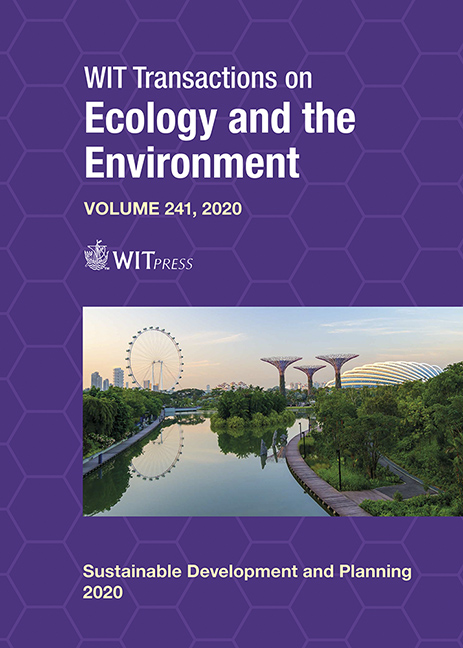SUSTAINABLE CULTURAL TOURISM AND HERITAGE CONSERVATION IN CHINA: CASE STUDIES OF THE ANCIENT WATERFRONT TOWNS IN THE SOUTH OF THE YANGTZE RIVER
Price
Free (open access)
Transaction
Volume
241
Pages
12
Page Range
15 - 26
Published
2020
Paper DOI
10.2495/SDP200021
Copyright
WIT Press
Author(s)
SHIQI LIU, HONGMING SHU
Abstract
Sustainable tourism should be established on the basis of the balance between environment, economy and social culture. Nowadays, cultural tourism is growing rapidly in China, and is closely related to heritage conservation. On the one hand, cultural heritage constitutes basic resources to attract visitors in cultural tourism. On the other hand, cultural tourism can bring funds and public awareness for heritage conservation. However, cultural heritage faced several challenges in the process of tourism development. For example, excessive commercialization leads to the loss of local characteristics in historical towns. The research question is how can historic towns preserve their local characteristics in tourism development? The key point of sustainable cultural tourism is to respect the cultural value of cultural heritage, starting from defining the concept of conservation through analyzing good practices. This study investigates ancient waterfront towns in the south of the Yangtze River in China, including Zhouzhuang, Tongli, Wuzhen, and Xitang, and analyzes how four different waterfront towns can maintain their own local characteristics in tourism development, and the role of sustainable tourism in the process. The aim is to propose a series of recommendations to achieve sustainable tourism use of the cultural heritage, with social, economic and cultural advantages for the region involved.
Keywords
sustainable tourism, heritage conservation, cultural tourism, ancient Chinese waterfront towns





